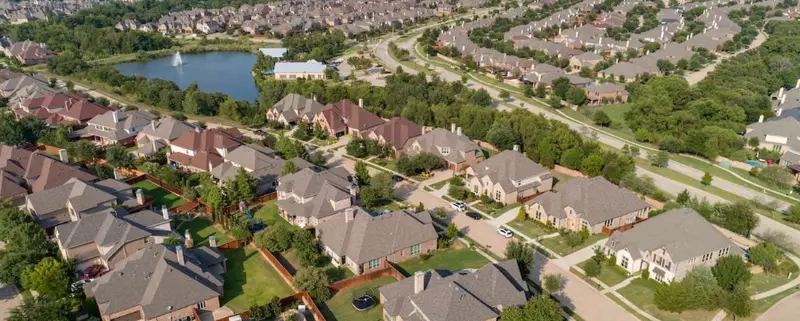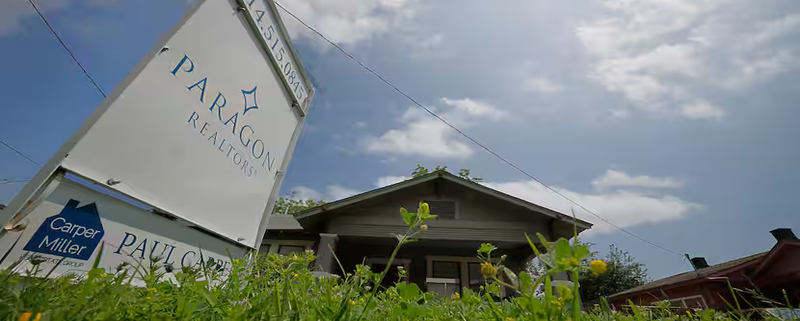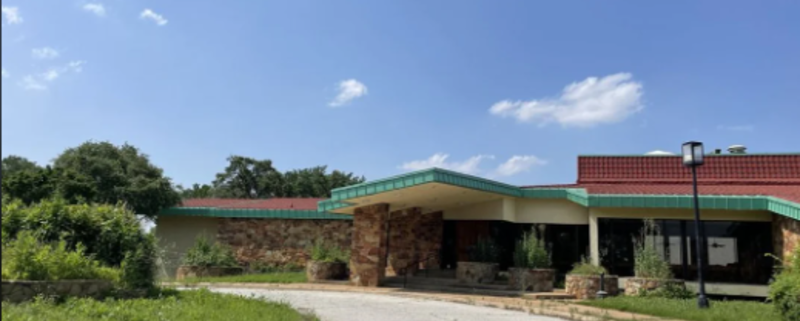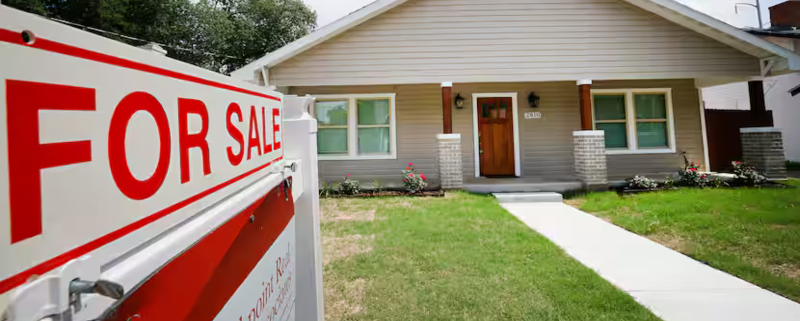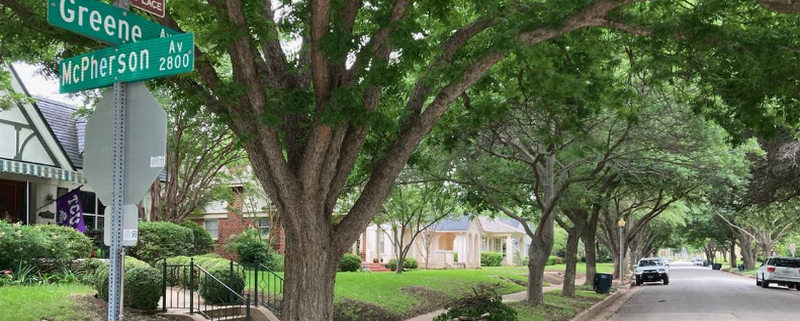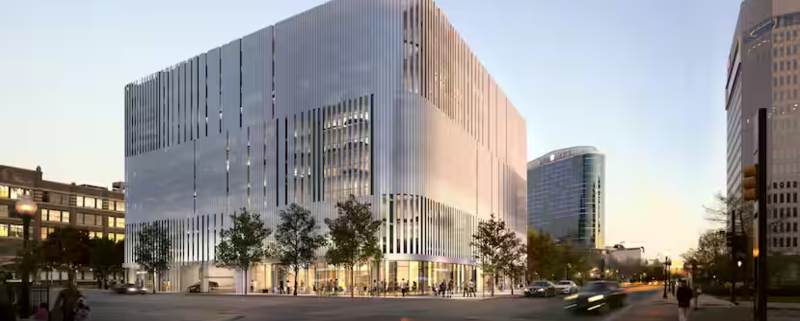DISCLAIMER: We are not financial advisors. The content on this website is for educational purposes only and merely cites our own personal opinions. In order to make the best financial decision that suits your own needs, you must conduct your own research and seek the advice of a licensed financial advisor if necessary. Know that all investments involve some form of risk and there is no guarantee that you will be successful in making, saving, or investing money; nor is there any guarantee that you won’t experience any loss when investing. Always remember to make smart decisions and do your own research!
The Dallas-Fort Worth (DFW) metropolitan area is renowned for its diverse neighborhoods and vibrant communities, each offering its own unique charm and amenities. While some areas may receive more attention and recognition than others, there are several hidden gems scattered throughout DFW that deserve recognition for their underrated appeal. In this comprehensive guide, we’ll explore some of DFW’s hidden gems—residential areas that may not be as well-known but offer exceptional living experiences for residents. From quaint neighborhoods with historic charm to up-and-coming districts with exciting potential, these underrated areas have a lot to offer for those seeking a new place to call home.
Discovering DFW’s Hidden Gems
DFW is a sprawling metropolis comprised of numerous cities, towns, and neighborhoods, each with its own distinct character and identity. While certain areas may garner more attention due to their proximity to downtown or popular attractions, there are plenty of hidden gems waiting to be discovered by discerning homebuyers. Let’s take a closer look at some of these underrated residential areas:
Quaint Suburban Enclaves: In the outskirts of DFW, you’ll find several suburban enclaves that offer a peaceful retreat from the hustle and bustle of city life. These neighborhoods boast tree-lined streets, spacious lots, and a strong sense of community. Places like Grapevine, Coppell, and Southlake are often overlooked but offer excellent schools, recreational amenities, and a high quality of life for residents.
Historic Neighborhoods: DFW is home to several historic neighborhoods that exude charm and character. Areas like Oak Cliff in Dallas and Historic Downtown McKinney feature beautifully preserved homes dating back to the early 20th century. With their unique architectural styles, tree-shaded streets, and vibrant local culture, these neighborhoods offer a glimpse into DFW’s rich history and heritage.
Emerging Districts: As DFW continues to grow and evolve, new residential districts are emerging on the scene, offering exciting opportunities for homebuyers. Neighborhoods like Trinity Groves in Dallas and The River District in Fort Worth are undergoing revitalization efforts, attracting young professionals and urban dwellers with their trendy restaurants, entertainment options, and modern housing developments.
Hidden Lakeside Retreats: Despite being situated in the heart of North Texas, DFW is home to several hidden lakeside communities that offer a tranquil escape from city life. Areas like Lake Highlands in Dallas and Lake Worth in Fort Worth boast scenic waterfront views, recreational activities, and a relaxed atmosphere. These hidden gems provide residents with the best of both worlds—urban convenience and natural beauty.
Affordable Urban Pockets: While housing prices in some parts of DFW may be on the rise, there are still pockets of affordability to be found within the urban core. Neighborhoods like Pleasant Grove in Dallas and Polytechnic Heights in Fort Worth offer affordable housing options without sacrificing proximity to downtown amenities and employment centers. These hidden gems provide an opportunity for first-time homebuyers and young families to enter the housing market without breaking the bank.
Uncovering the Benefits of Underrated Areas
While DFW’s hidden gems may not always be in the spotlight, they offer numerous benefits for residents looking for a place to settle down. Here are some reasons why these underrated residential areas are worth considering:
Affordability: Compared to more well-known neighborhoods, underrated areas in DFW often offer more affordable housing options. Whether you’re looking to buy a starter home, upgrade to a larger property, or downsize in retirement, these hidden gems provide a range of housing choices to fit different budgets and lifestyles.
Community Atmosphere: One of the defining characteristics of underrated residential areas is their strong sense of community. Residents in these neighborhoods often form close-knit bonds and foster a supportive environment where neighbors know each other by name. From block parties to community events, there are plenty of opportunities to connect with others and build meaningful relationships.
Access to Amenities: Despite being underrated, many of DFW’s hidden gems offer access to a wide range of amenities and conveniences. From parks and recreational facilities to shopping centers and dining establishments, residents have everything they need within reach. Plus, with the metroplex’s extensive network of highways and public transportation options, getting around town is easy and convenient.
Potential for Growth: Underrated areas in DFW often hold untapped potential for future growth and development. As the metroplex continues to expand, these hidden gems may undergo revitalization efforts, infrastructure improvements, and economic investment. Investing in a home in an up-and-coming neighborhood can offer long-term value and appreciation potential.
Escape from the Ordinary: For those seeking something different from the typical suburban sprawl or urban hustle, DFW’s hidden gems offer a refreshing change of pace. Whether it’s the historic charm of an old neighborhood, the tranquility of a lakeside retreat, or the excitement of an emerging district, these underrated areas provide a unique living experience that sets them apart from the crowd.
In conclusion, DFW’s hidden gems are a testament to the metroplex’s diversity and vitality. From quaint suburban enclaves to historic neighborhoods and emerging districts, these underrated residential areas offer something for everyone. Whether you’re looking for affordability, community atmosphere, access to amenities, or potential for growth, there’s a hidden gem in DFW waiting to be discovered. By exploring these underrated areas and thinking outside the box, homebuyers can find the perfect place to call home in the vibrant tapestry of the Dallas-Fort Worth metropolitan area.


